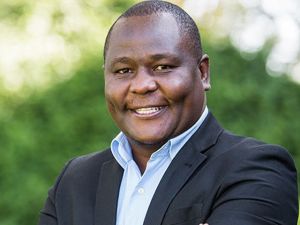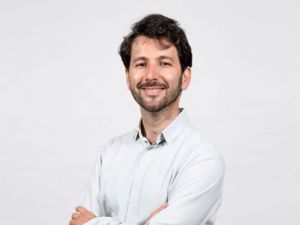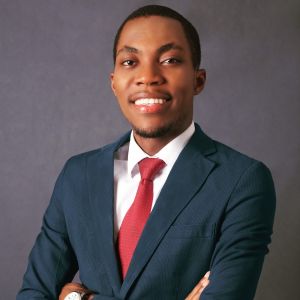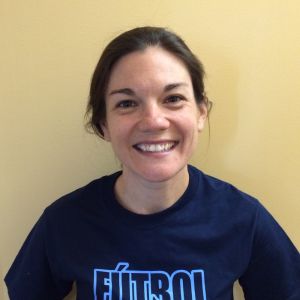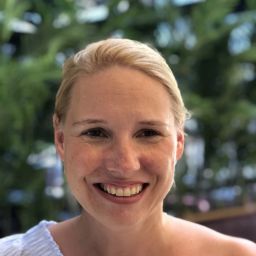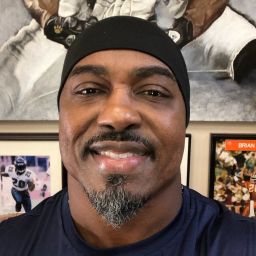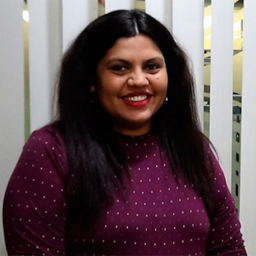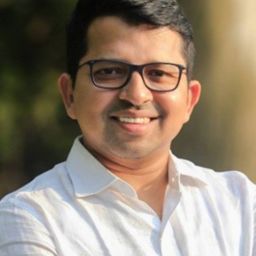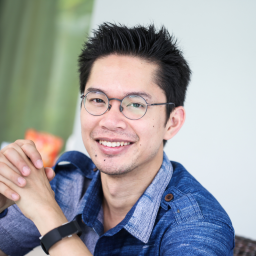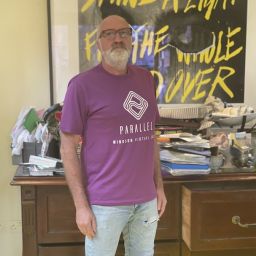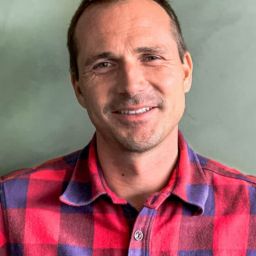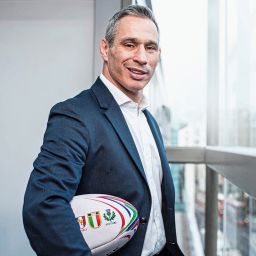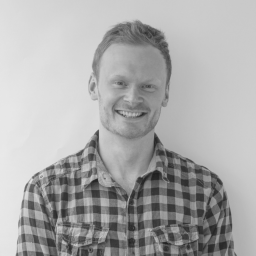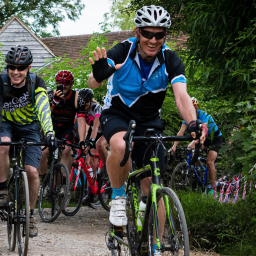Meaningful Business (MB): Can you tell us a bit about the issues you are trying to solve and why you selected them?
Edward Booty (EB): As the name of our organisation alludes to, 52% of people cannot access essential healthcare services, including basic medicines, doctors or vaccines. This is mainly people living in rural settings, or those who can’t afford to buy products in heavily out-of-pocket paid markets. Reaching these communities is hard as supply chains are complex, there are dispersed populations and the need to keep service or product costs very low.

(MB): How is your work tackling those problems and what impact are you having?
EB: We focus on creating access to quality primary care in rural areas and are now working across six countries in Asia and Africa. We have a tech platform used by a network of people in the community and local pharmacies, to collect data on health and wellbeing needs and gaps. We then understand what’s needed and offer two main services. Firstly, we run data-driven health promotion campaigns focusing on awareness, education, screening and access to medical advice. Secondly, we look to make affordable health products available for when they’re needed. This is done in partnership with government and local health centres – augmenting their available services and filling gaps. We focus exclusively on rural areas, such as smallholder farming and fishing communities.
(MB): What support do you need in order to scale your business and increase your positive impact?
EB: As a founder, funding and high-performing team members are my biggest focus areas!
(MB): How do you work with partners and the wider ecosystem to achieve your mission?
EB: We certainly see reach52 as building a multi-partner ecosystem. No single partner can do this alone. We work with health workers and governments on the ground, multinational companies for funding and product access, distributors and supply chain partners, and local pharmacies. We also work with NGOS as well as the more traditional donors. Ultimately our core end goal is access to a health product or service for a rural low-income resident – but to do that we need to align five or sometimes even eight partners to make that single touch-point happen.
(MB): What is your ambition for the future of your business?
EB: I want to build the biggest health company in the world, measured by the number of lives we improve, not profit.
(MB): How do you measure success?
EB: Professionally we focus on lives touched (such as an education or awareness event attendee) and lives improved (that might be someone that buys an essential medicine, or gets to see a midwife whilst pregnant). We also measure our business performance of course, especially the number of essential health products we make available.
Personally, I am mainly just as interested in challenging myself and finding limits, and ultimately just hope to leave earth feeling like I did something good with my time.
————-
Quickfire questions:
(MB): Tell us a mistake you’ve learned from
EB: Hiring the wrong people is always number one. Happened more than once.
(MB): How do you spend your time away from work?
EB: Depends on how work has been going! But cooking, working out, reading, aspiring DJ practice, and being reasonably social … anything to do with being outdoors in the sun usually gets my vote!
(MB): What’s the best piece of advice you’ve ever received?
EB: Focus on having purpose, not money.
(MB): What is something you wish you were better at?
EB: Hiring, but that’s an easy one. I’m not great at managing my time, and need to generally take control and not get pulled about with all the competing priorities.
(MB): What is the one book everyone should read?
EB: Brief History of Time by Stephen Hawking. Or if it’s work oriented I found The Lean Startup by Eric Ries a great book for any aspiring founders.
________


